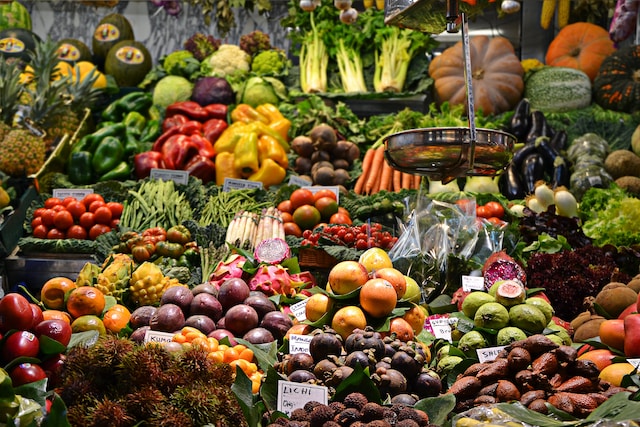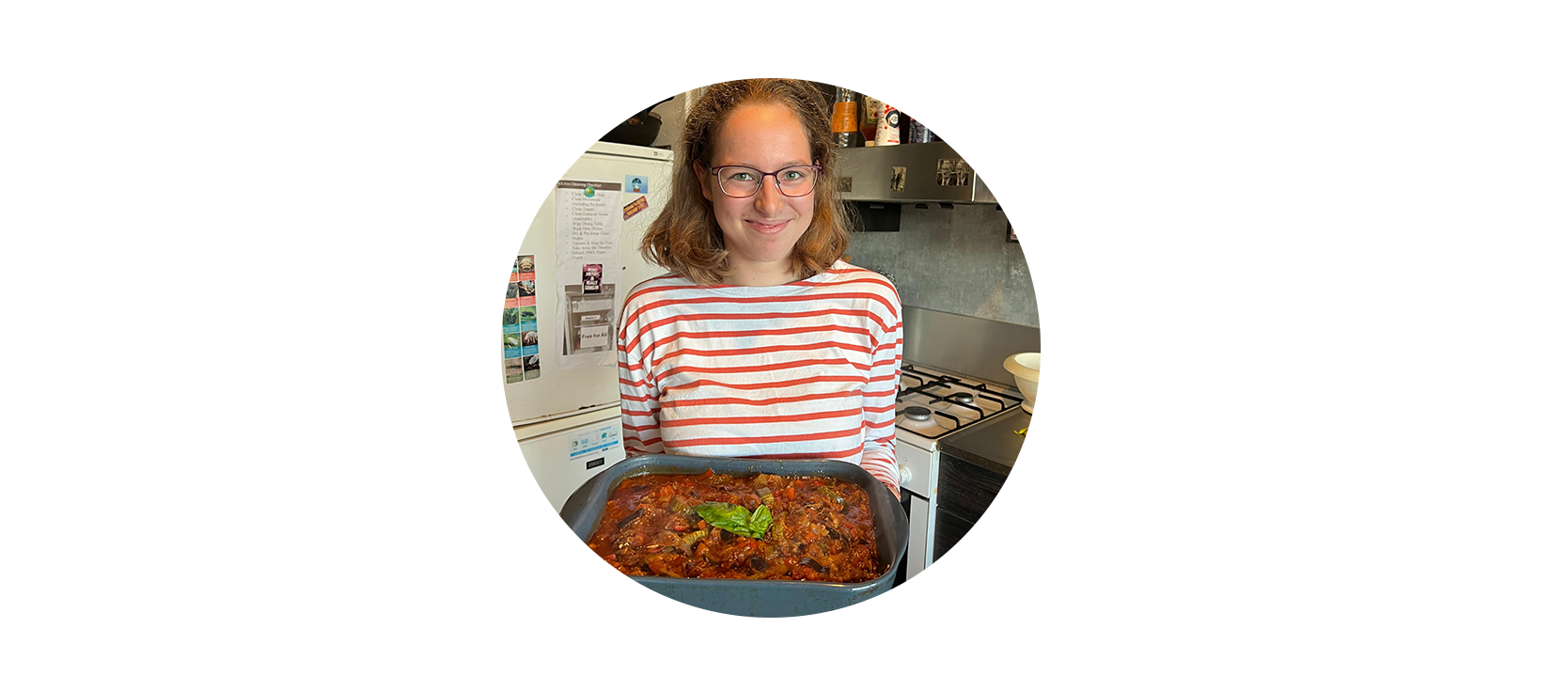“Stop procrastinating on this question. Look to countries like Spain, Slovakia and the United Kingdom as examples. These countries recently implemented a reduced VAT on vegetables and fruit without problems and with the desired results. A 0% VAT on vegetables and fruit is effective, feasible and socially acceptable.”
Yesterday, a large number of doctors, scientists, municipalities and other organisations submitted this message in an appeal to the cabinet. They think that the cabinet should implement the reduced VAT on vegetables and fruit that had been decided upon in the coalition agreement: from 9 percent to 0 percent. Among those who signed the appeal were three experts from the Wageningen chair group Consumption and Healthy Lifestyle: Professor Emely de Vet, Assistant Professor Maartje Poelman and postdoc researcher Sanne Djojosoeparto.
Last week it appeared that the cabinet wanted to forgo the 0% rate because of a report that stated that the options of clarifying what should be defined as vegetables and fruit were ‘all legally vulnerable’ and ‘could be expected to result in legal proceedings’. That makes a differentiated VAT rate unsuitable as an instrument to stimulate the consumption of vegetables and fruit according to the report, which was commissioned by the Ministries of Finance and Health, Welfare and Sport. Furthermore, the report also questioned the effectiveness of the measure.
Certainly effective
Health scientist Maartje Poelman doesn’t agree. “Various scientific studies have shown that a price reduction is an effective way of stimulating the consumption of healthy products. And her own research has shown that Dutch health experts give priority to this measure with regard to optimising the food environment,” she stated.
Poelman: “The fact that the effects of a reduced VAT might not be very large at the individual level doesn’t detract from the fact that health gains can definitely be made at the population level. Moreover, in the long run such a VAT reduction should become part of a broader package containing, for example, a sugar tax and other measures that promote a healthy food environment. But that’s not a reason not to implement the 0% rate now – we have to start somewhere.”
Healthy food environment
As she has previously argued in Resource, Poelman thinks that the government does too little to combat obesity. And this problem has become even more urgent. “Overweight and obesity constitute a large public health problem. For too long, we have relied on individual measures but without much effect. It is urgent that the Netherlands creates a food environment that makes it easier to eat healthily. It is unacceptable if the government allows legal complications regarding what should or should not be subject to the 0% rate to take precedence over the positive impact on public health. I signed the petition because I want to make my voice heard. We can support our position with scientific insights.”

 Scientists agree that the government should stand by its proposed 0% VAT on vegetables and fruit. Photo Jacopo Maio/Unsplash
Scientists agree that the government should stand by its proposed 0% VAT on vegetables and fruit. Photo Jacopo Maio/Unsplash 

